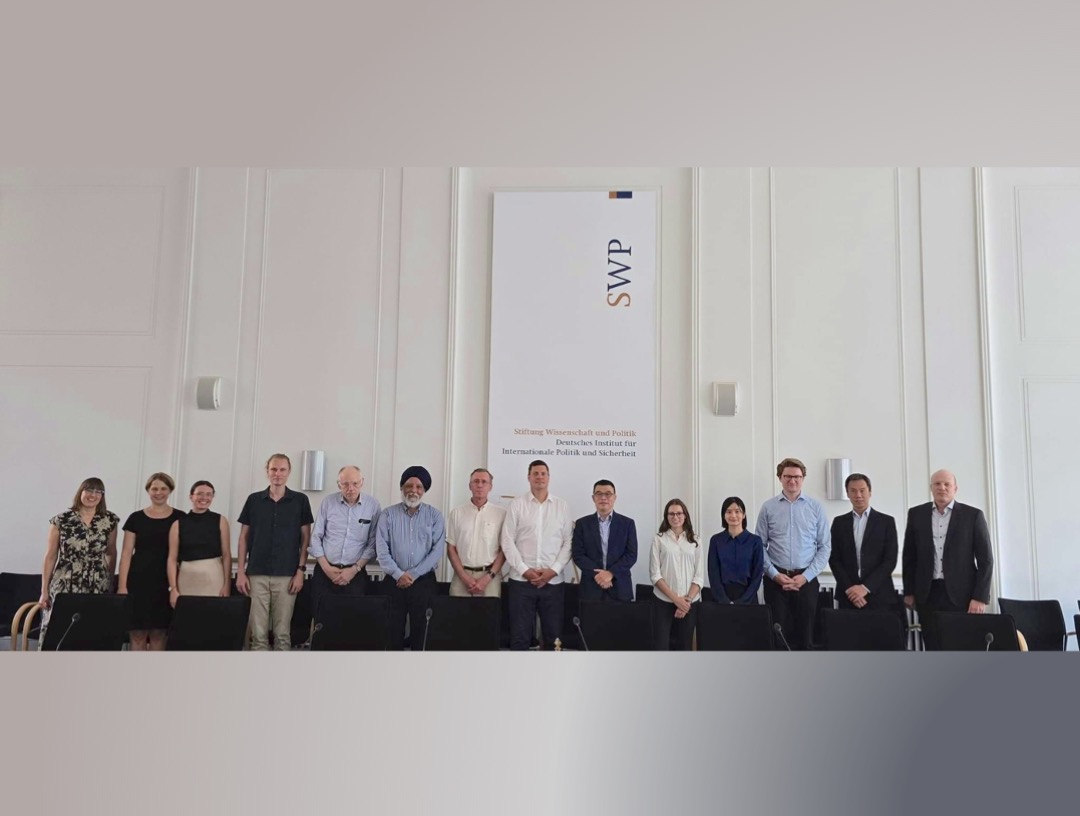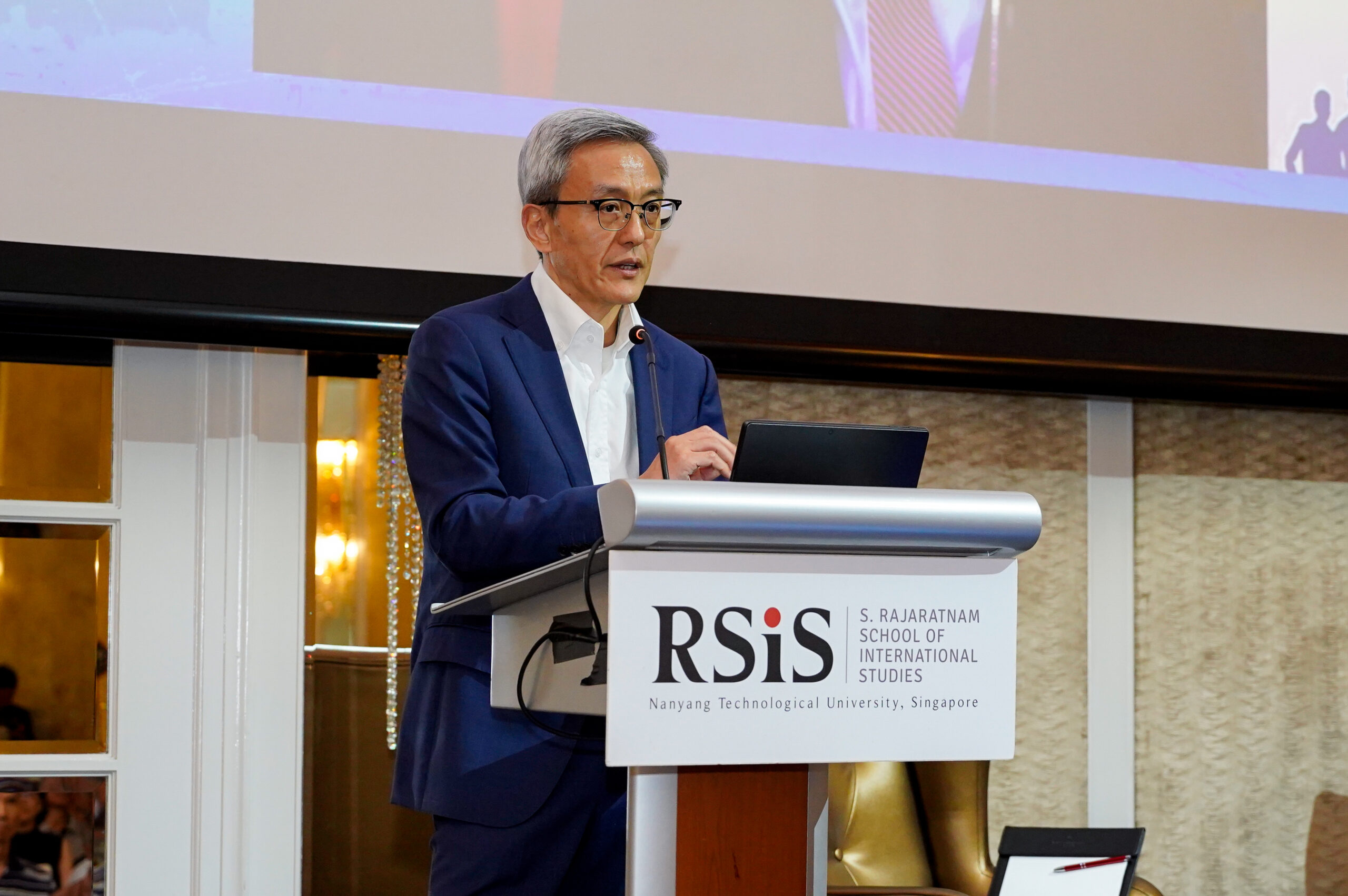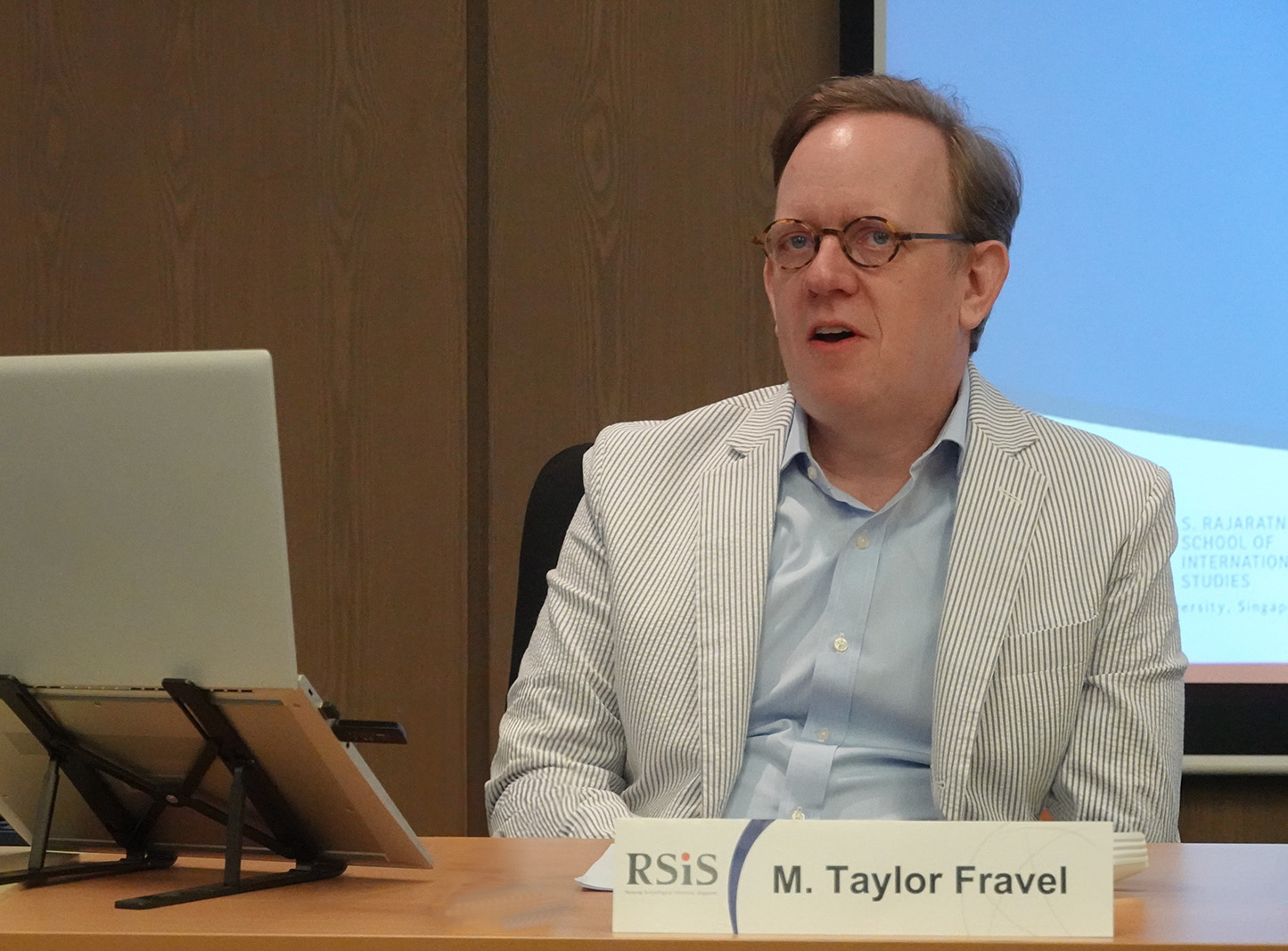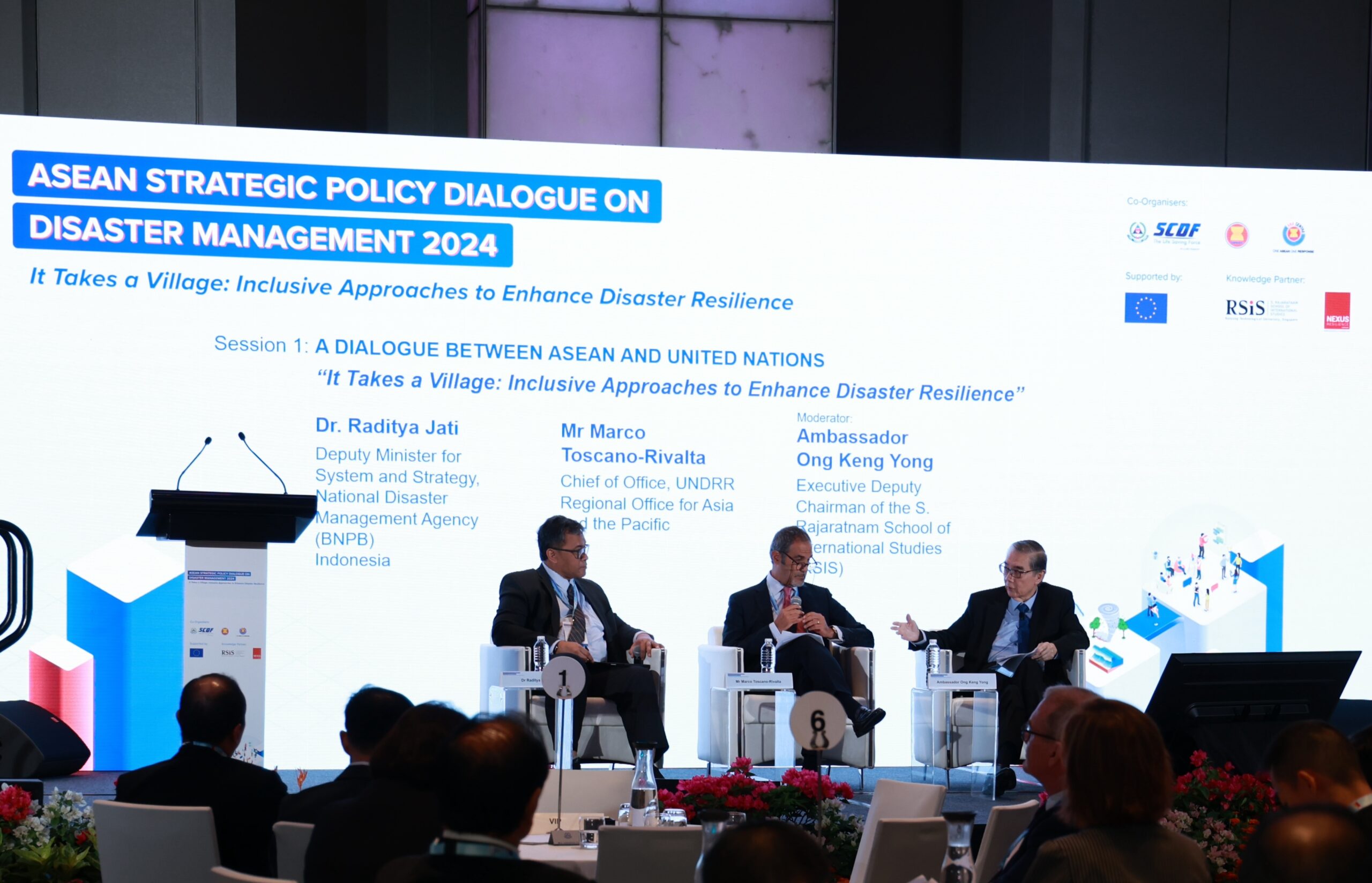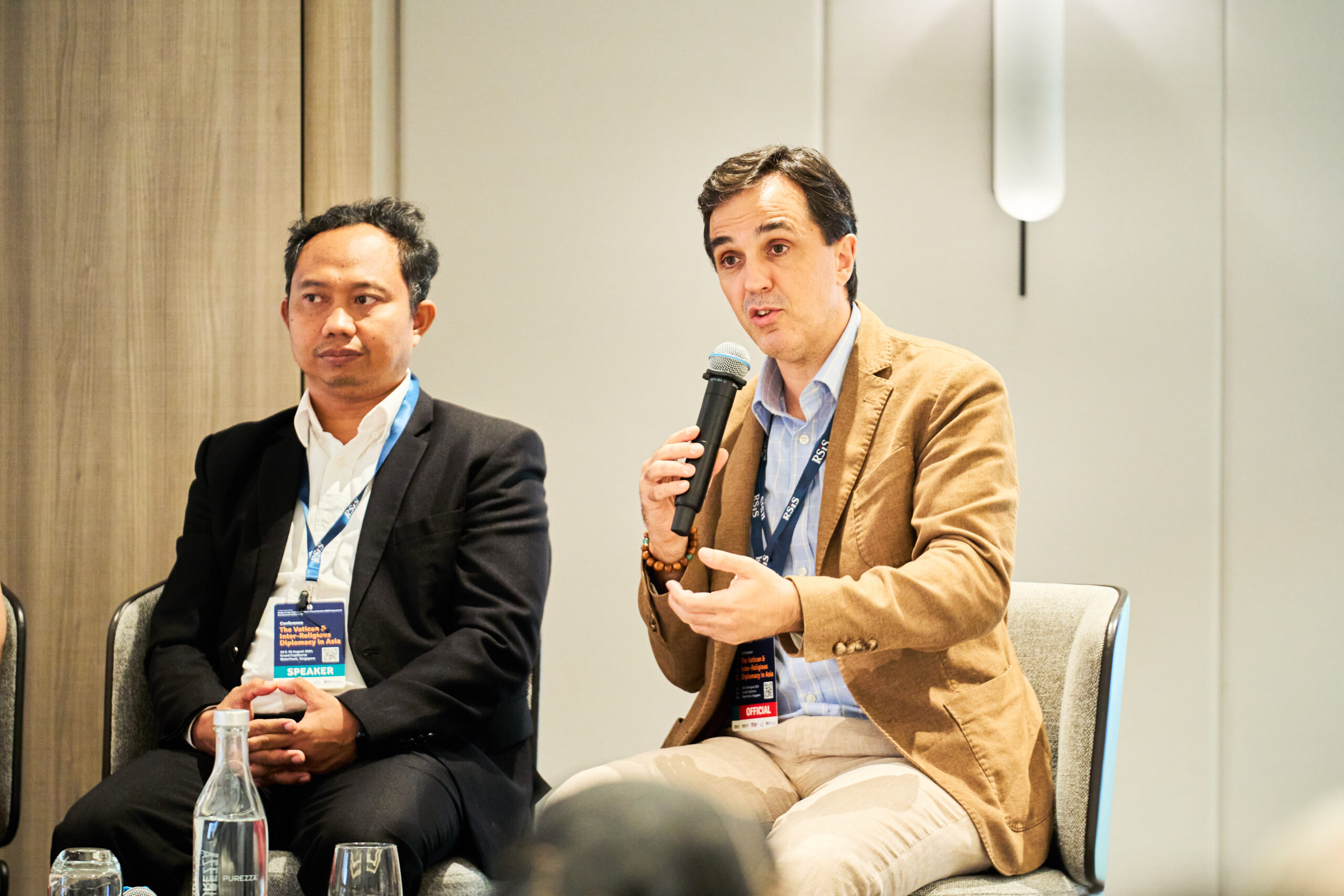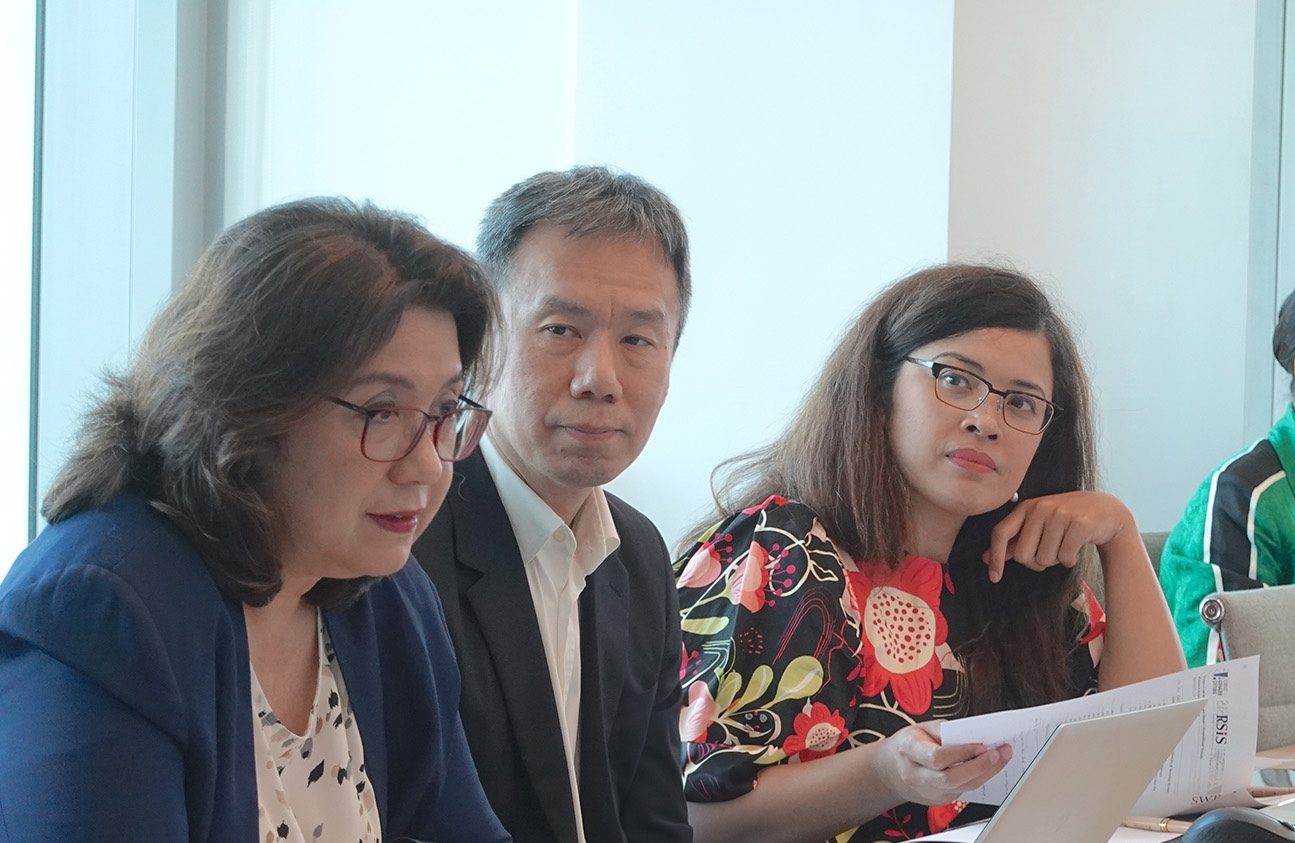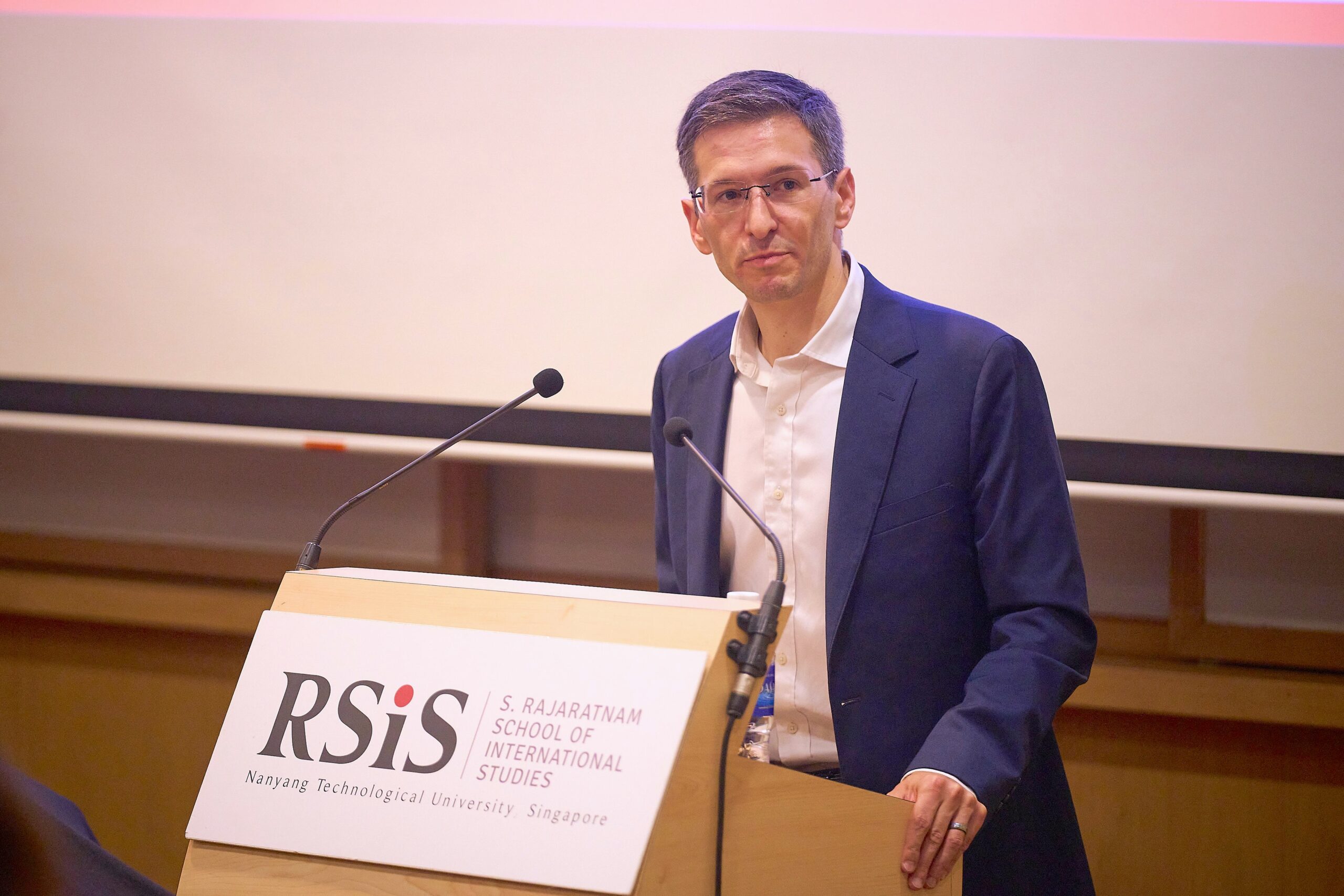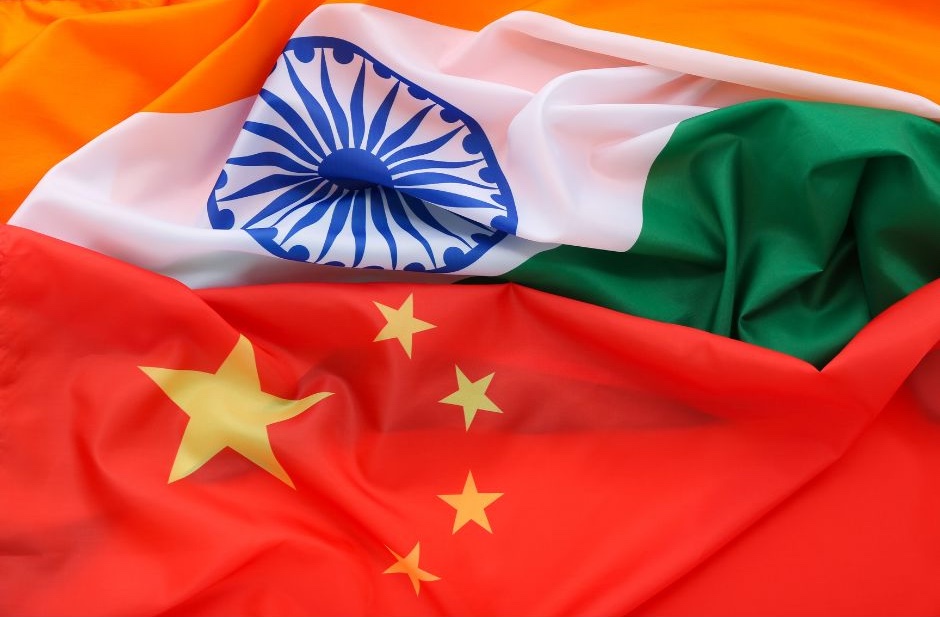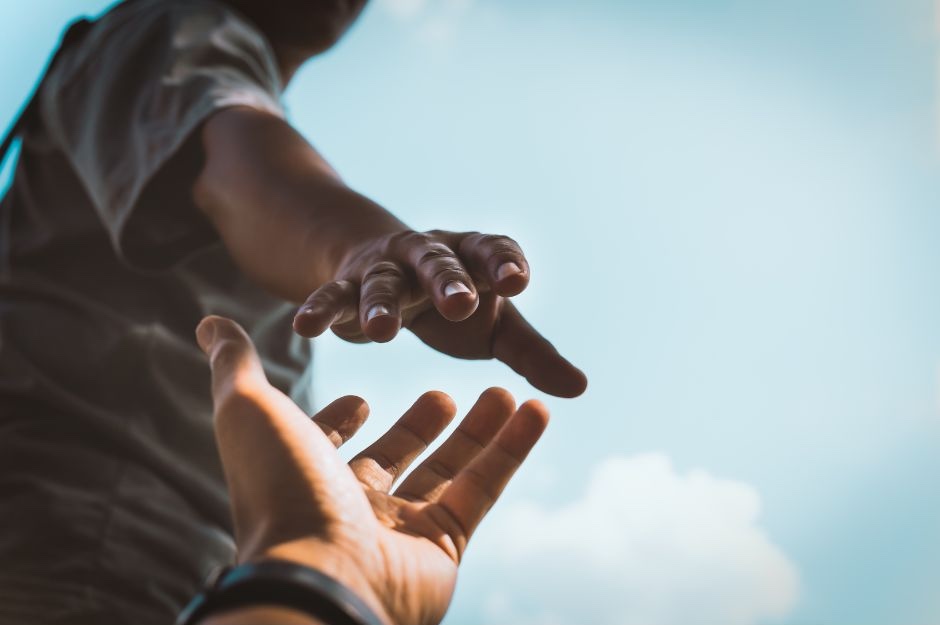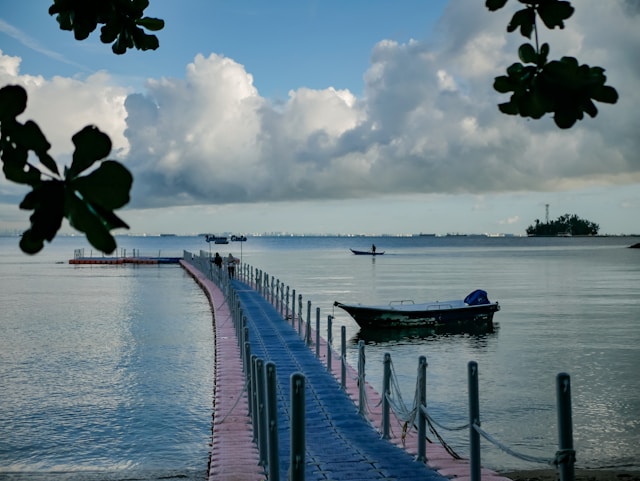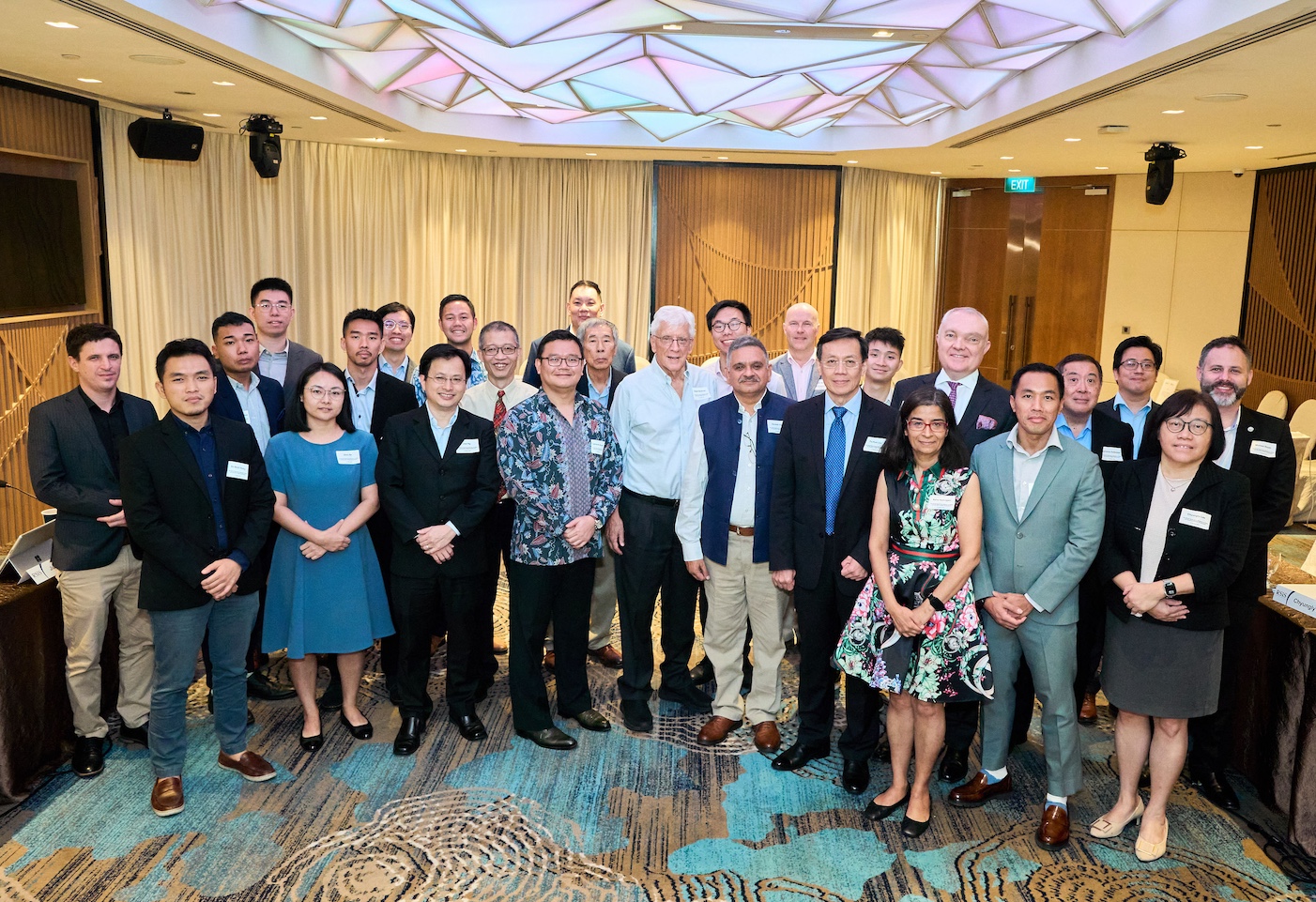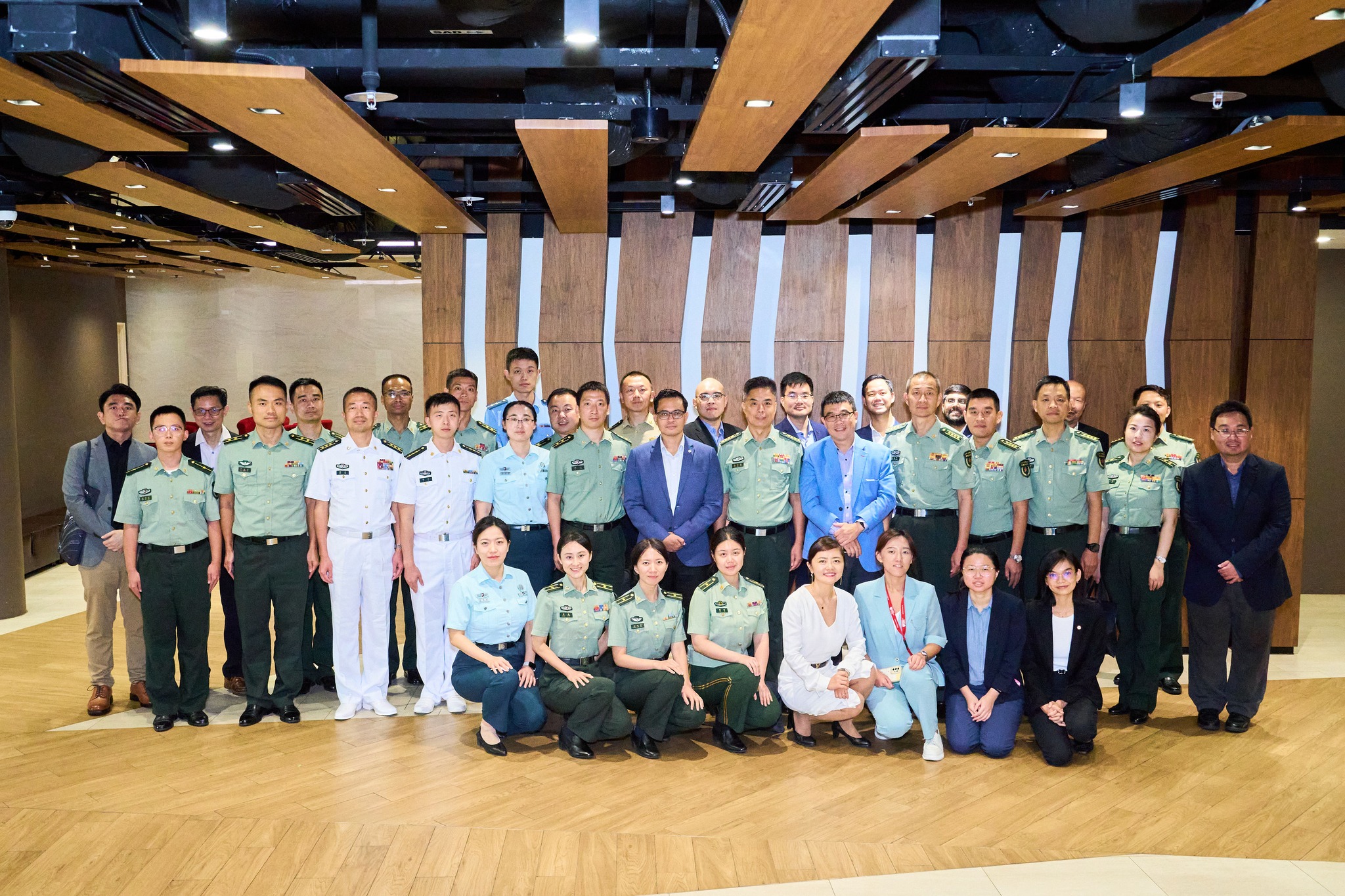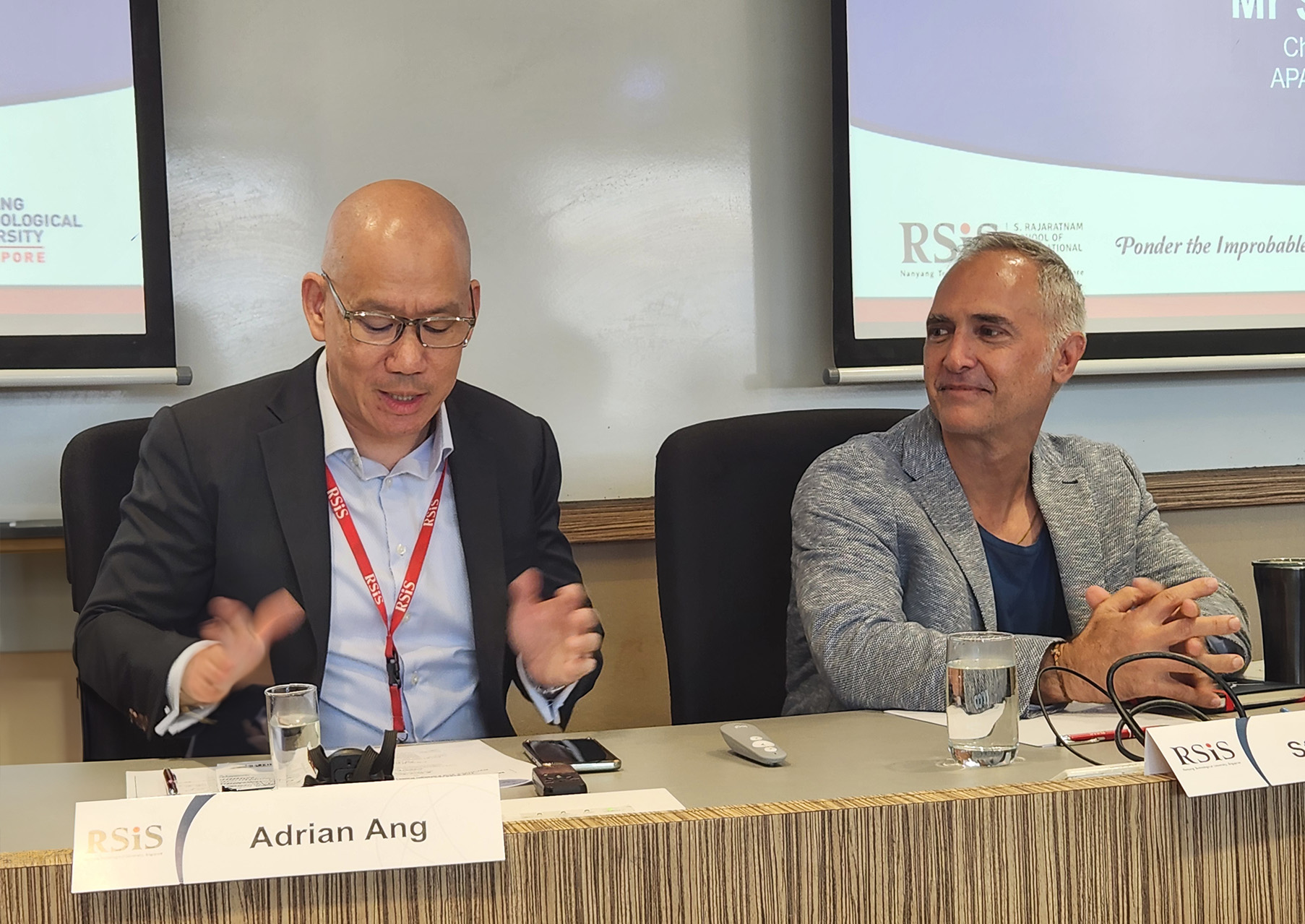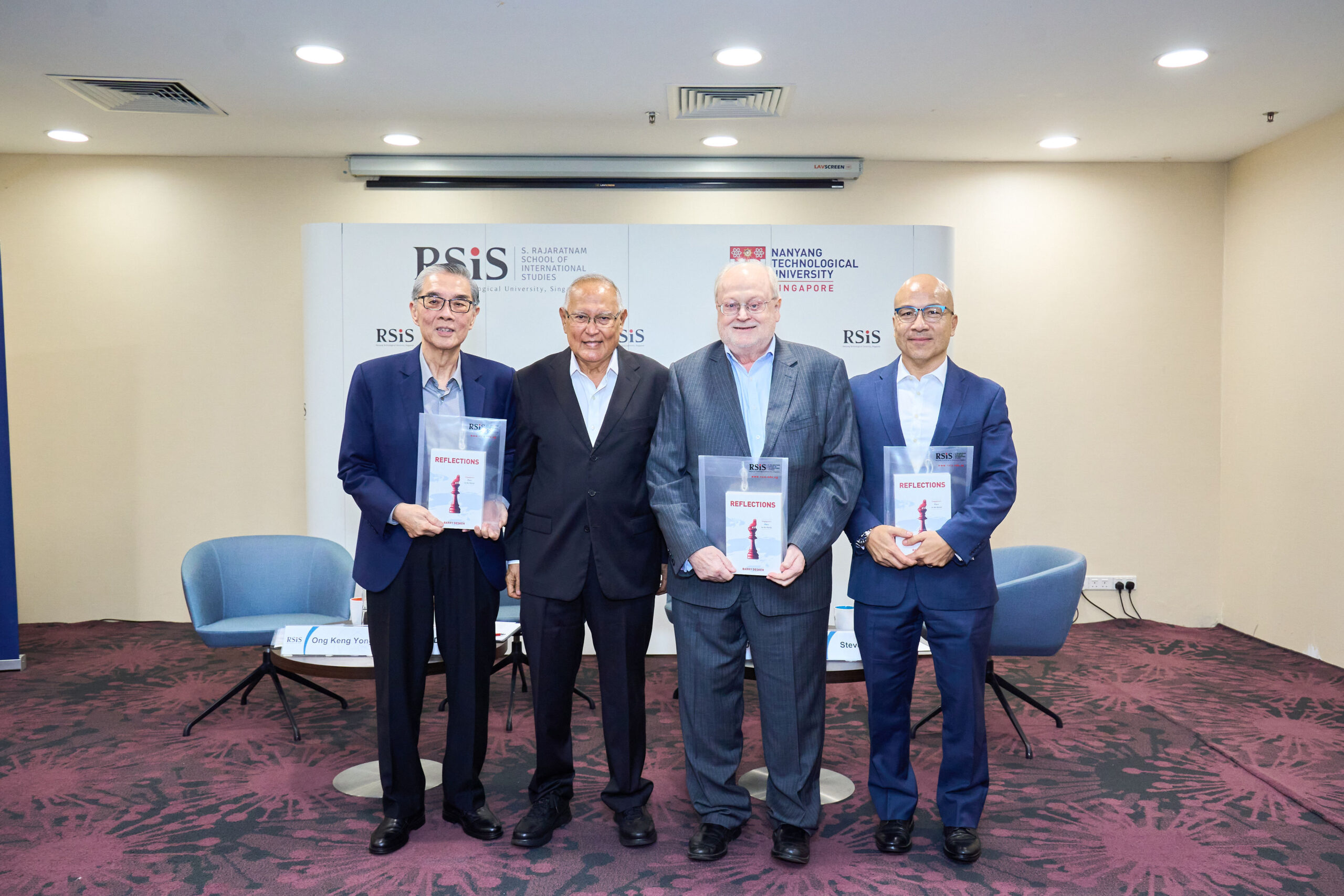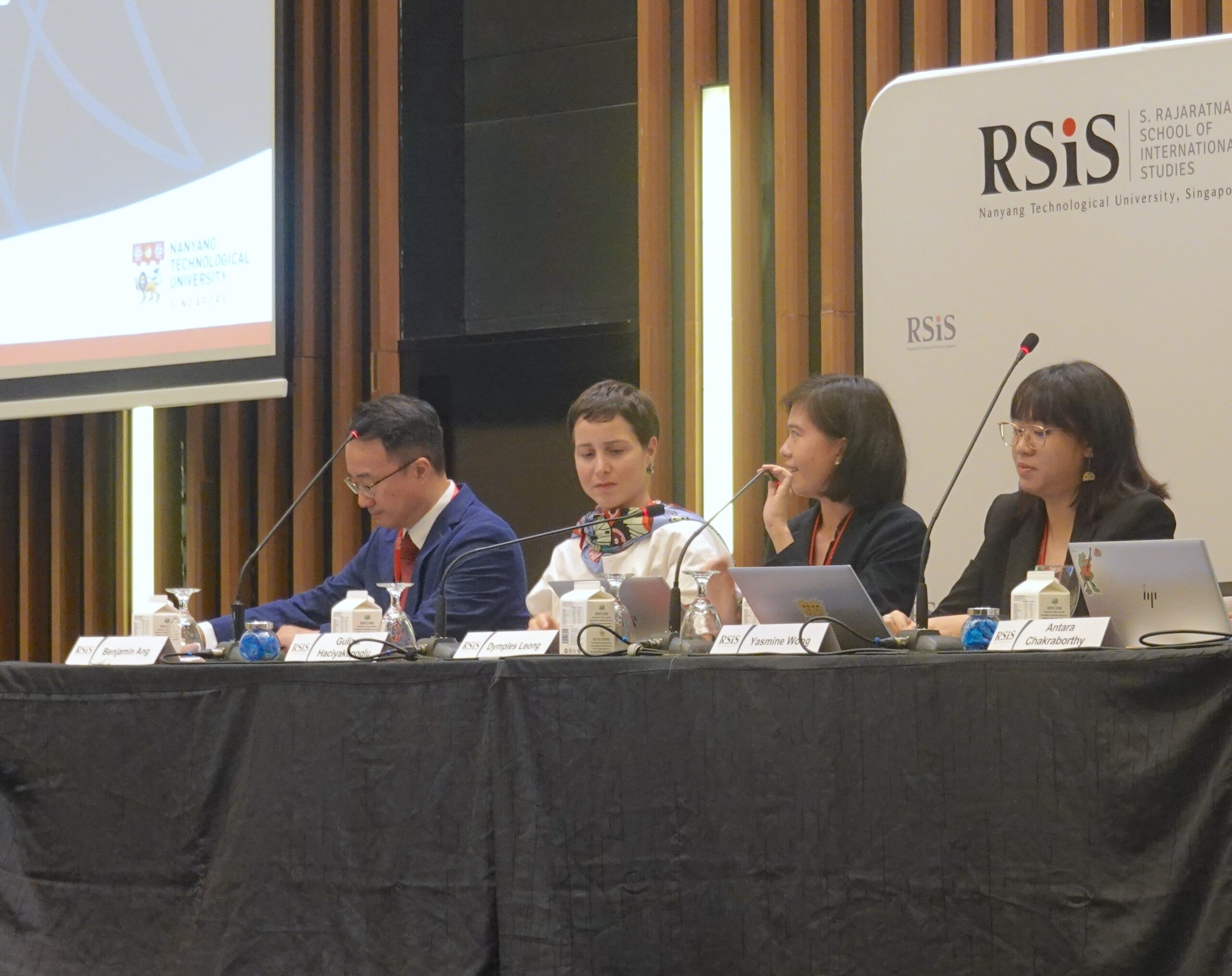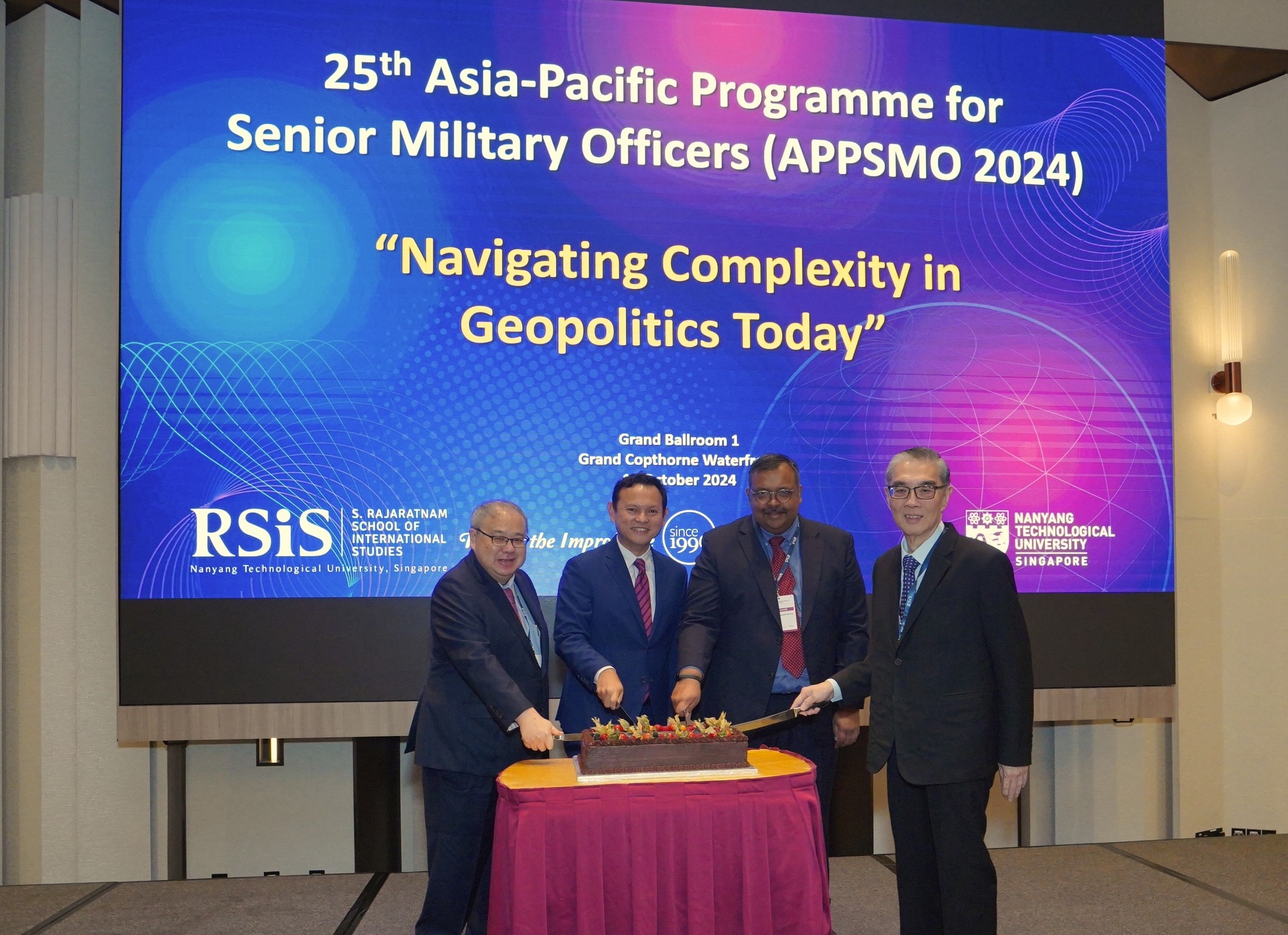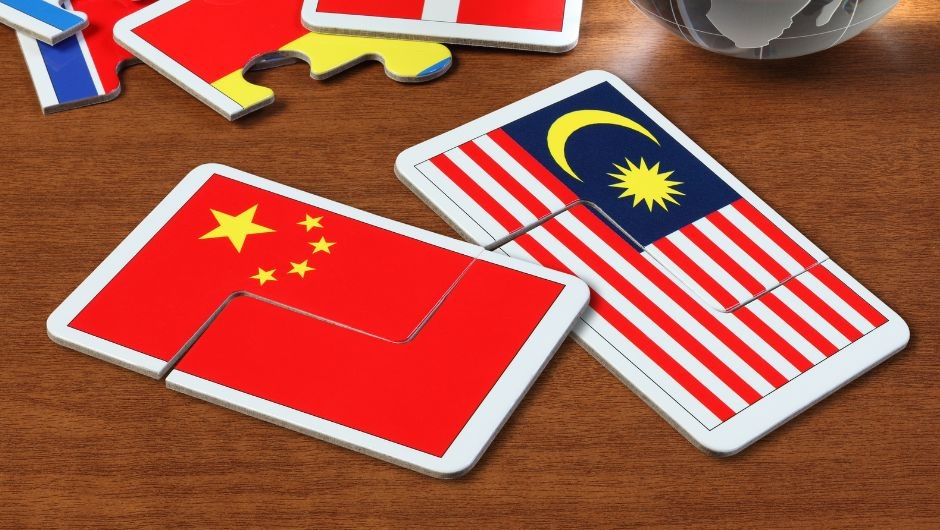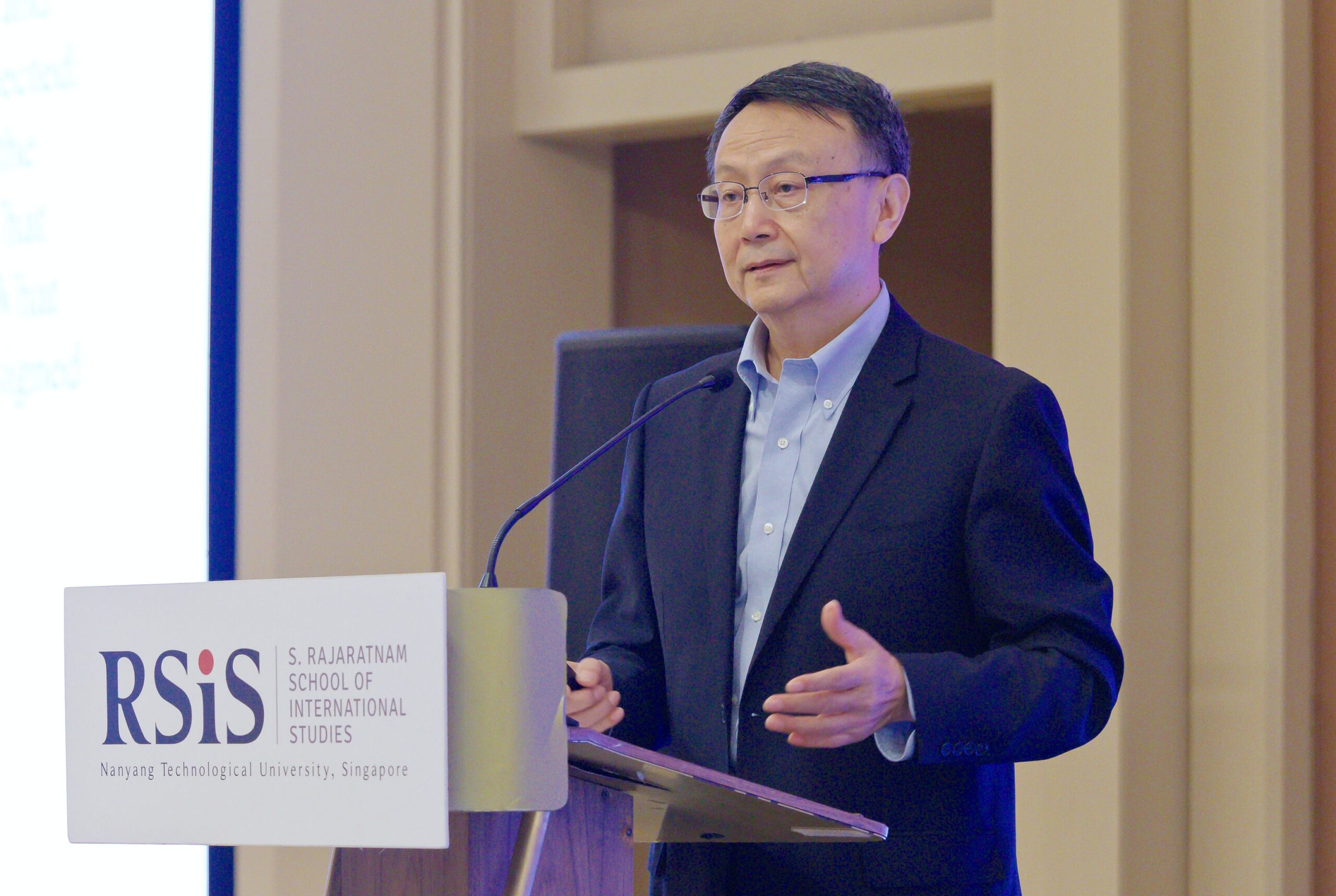
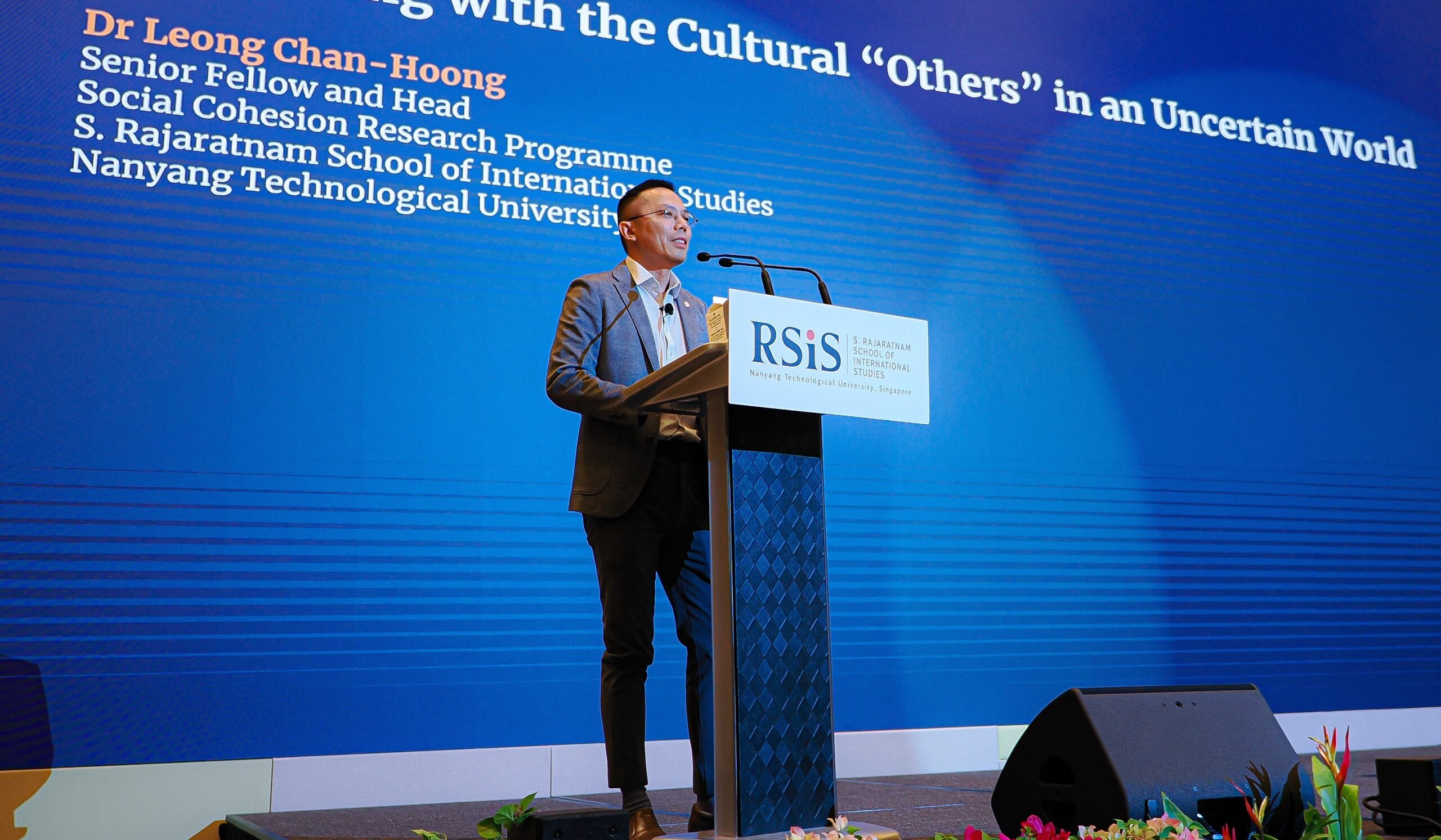
The Social Cohesion Research Programme (SCRP) at RSIS, supported by the Ministry of Culture, Community and Youth, organised the International Conference on Cohesive Societies (ICCS) Inter-sessional Event from 24 to 26 September 2024.
Titled “Inspiring Cohesive & Resilient Societies,” the event gathered more than a hundred delegates, comprising practitioners, academics and policymakers from diverse backgrounds. Designed to maintain momentum between the larger ICCS, the event featured not only the usual plenaries and breakout sessions, but also skills workshops and community engagement. Delegates were also invited to develop solutions to the pertinent challenges impacting social cohesion today.
Organised thematically, the first day explored emerging trends that affect social cohesion. Dr Leong Chan-Hoong, Senior Fellow and Head of SCRP, delivered the welcome remarks. Dr Richard Wike, Director of Global Attitudes Research at the Pew Research Center, then gave a special address on the differing opinions to embracing change and preserving traditions, evolving views on democracy, and attitudes about the impact of information technology on social cohesion. The conversation that followed was moderated by Mr Sujadi Siswo, Chief Editor of Malay News at Mediacorp.
The second day focused on examining the divides that threaten social cohesion. Professor Mona Siddiqui, Professor of Islamic and Interreligious Studies at the University of Edinburgh, shared her views on the state of multiculturalism in light of the recent riots in the United Kingdom. This was followed by a panel discussion on the causes of social division, moderated by Professor Paul Hedges, Professor of Interreligious Studies at RSIS. Ms Wu Ye-Min, Regional Director for South and Southeast Asia at the Centre for Humanitarian Dialogue, first provided a brief survey of the various sources of fissures, such as climate change and artificial intelligence, as well as reasons for tensions and conflicts. Mr Shukul Raaj Kumar, Chief Coordinator of the Inter-Religious Organisation (IRO) Youth Wing, further elaborated on the challenges experienced by youths today. He opined that an overload of information, along with a lack of belonging, has created divisions amongst youths.
On the third and final day of the event, the ideas for bridging these divides were discussed. The day began with a stimulating panel discussion. Prof Toshiaki Sasao, a community psychologist and Professor of Psychology, Education and Peace Studies at International Christian University, advocated for more community-based interventions that would promote diversity and inclusion. Dr Selvaraj Velayutham, Associate Professor of Sociology at Macquarie University, then spoke about the practice of convivial activities that cultivate everyday multiculturalism. The lively Q&A session that followed was moderated by Ms Li Xueying, Foreign Editor at The Straits Times.
Throughout the third and final day, delegates also participated in two workshops. The first was on futures planning workshop where delegates were introduced to the Three Horizons Model. Using the model, delegates learnt how to develop scenarios and conceptualise divergent futures using existing trends discussed at the event.
The second workshop on conflict negotiation equipped delegates with mediation skills. Apart from learning the theories and best practices in conflict negotiation, delegates experienced and understood, through a role play activity, how the conflicting interests of various parties can be mediated.
Delegates then worked in small groups to develop solutions to the top three trends they voted as being the most relevant for social cohesion. The trends were identified as “Volatile Geopolitical Landscape”, “Misinformation and the ‘Post-Truth’ Era”, and “Rising Inequality and the Widening Income Gap”. Three groups were selected to present their solutions at the plenary as part of the “Celebrating Collaboration” segment. The event concluded on a high note as delegates shared their takeaways and collectively imagined what the next ICCS could look like in an interactive session.




